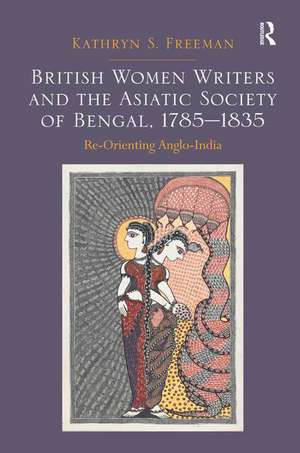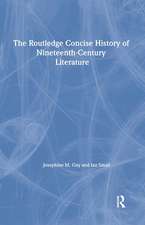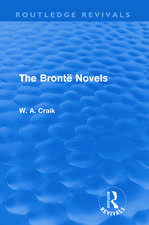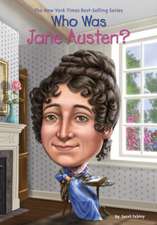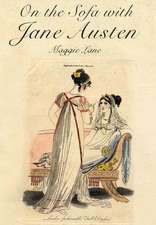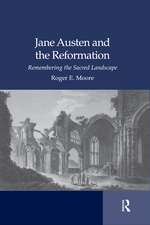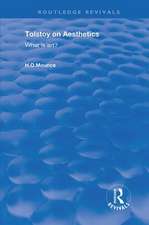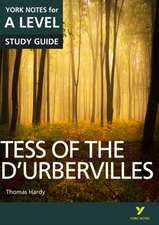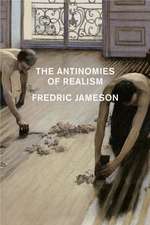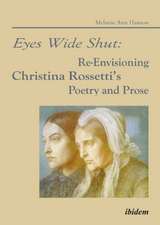British Women Writers and the Asiatic Society of Bengal, 1785-1835: Re-Orienting Anglo-India
Autor Kathryn S. Freemanen Limba Engleză Hardback – 28 oct 2014
Preț: 668.18 lei
Preț vechi: 786.09 lei
-15% Nou
Puncte Express: 1002
Preț estimativ în valută:
127.87€ • 133.01$ • 105.57£
127.87€ • 133.01$ • 105.57£
Carte tipărită la comandă
Livrare economică 15-29 aprilie
Preluare comenzi: 021 569.72.76
Specificații
ISBN-13: 9781472430885
ISBN-10: 1472430883
Pagini: 160
Dimensiuni: 156 x 234 mm
Greutate: 0.4 kg
Ediția:1
Editura: Taylor & Francis
Colecția Routledge
Locul publicării:Oxford, United Kingdom
ISBN-10: 1472430883
Pagini: 160
Dimensiuni: 156 x 234 mm
Greutate: 0.4 kg
Ediția:1
Editura: Taylor & Francis
Colecția Routledge
Locul publicării:Oxford, United Kingdom
Recenzii
"Freeman’s close readings allow readers to sense the multi-storeyed nature of the texts she discusses, where each level, whether authorial, narratorial, paratextual, or historical, raises possibilities for other readings that do not make these writers simply into cookie cutter versions of a historical feminism in an intimate relationship with imperialism." - Betty Joseph, Rice University
Notă biografică
Kathryn S. Freeman is Associate Professor of English at the University of Miami, USA. She is the author of Blake's Nostos: Fragmentation and Nondualism in The Four Zoas.
Cuprins
Acknowledgements, Introduction: British Women Writers and Late Enlightenment Anglo-India: The Paradoxical Binary of Vedic Nondualism and the Western Sublime, 1 The Asiatic Society of Bengal: “Beyond the stretch of labouring thought sublime”, 2 “Out of that narrow and contracted path”: Creativity and Authority in Elizabeth Hamilton’s Translations of the Letters of a Hindoo Rajah, 3 Confronting Sacrifice, Resisting the Sentimental: Phebe Gibbes, Sidney Owenson, and the Anglo-Indian Novel, 4 Female Authorship in the Anglo-Indian Meta-Drama of Mariana Starke’s The Sword of Peace (1788) and The Widow of Malabar (1791), Epilogue: Lost and Found in Translation: Re-Orienting British Revolutionary Literature through Women Writers in Early Anglo-India, Bibliography, Index
Descriere
Tracing the literary relationship between British women and the Asiatic Society of Bengal, Kathryn Freeman argues that women writers, distinct from their male counterparts, interrogated Orientalist distortions of India through the lens of gender. Her study invites us to rethink the Romantic paradigm of canonical writers as replicators of Orientalists’ cultural imperialism in favor of a more complicated stance that accommodates the differences between male and female authors with respect to India.
